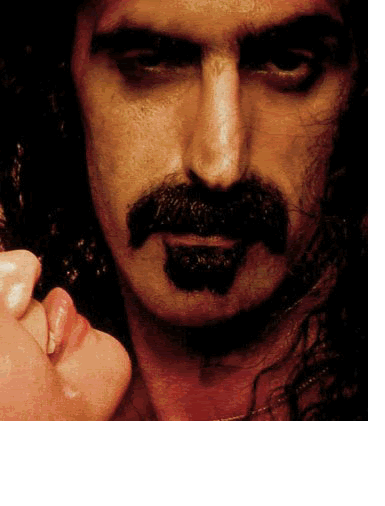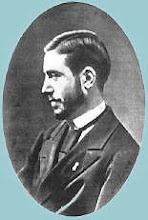The solo at 1:10 gives me butterflies, everytime.
Sunday
***
- Frank Zappa: unabashed drug-user and drunk-demon?
Frank Zappa is commonly assumed to have been attached to the wide-spread hippie movement in the United States in the 1970's, recognized for their liberal views on drug-use, sexuality, and more. Because of Zappa's long hair, the psychedelic imagery used on his albums, and his general attitude being a progressive and ambitious rock musician, Zappa was hailed as a counter-culture hero for hippies who assumed that Zappa's creative spirit must have been accelerated by drug use and a carefree party lifestyle.
In fact, Zappa strongly defended his stance against drugs, most importantly, because he demanded competency and awareness from his musicians. A number of the original members of the Mothers band, culled from Los Angeles’ notorious “freak-scene”, were known to be drug users, and were upset with Zappa’s strict rules forbidding any band member to use drugs or risk being fired from the band.
At the time, drugs were closely connected with the scene and attitude of psychedelic music, ambitious art, and anti-establishment activism. Using drugs was widely seen as an integral part of a movement of youths forging new paths against a conservative government and the sheltered upbringing of America’s standard nuclear family. Zappa himself never ascribed to this facet of any movement. In fact, he criticized his common fan and concert attendee for using drugs because they were too placid and apathetic to enjoy themselves otherwise.
He considered this wave of drug use and hippie-liberalism as a meaningless and artificial fashion trend, convincing teenagers that their vapid, uninformed ideas were radical and monumental. Zappa resented any attachment to this scene and often expressed his distaste for this movement in his songs.
Frank Zappa is commonly assumed to have been attached to the wide-spread hippie movement in the United States in the 1970's, recognized for their liberal views on drug-use, sexuality, and more. Because of Zappa's long hair, the psychedelic imagery used on his albums, and his general attitude being a progressive and ambitious rock musician, Zappa was hailed as a counter-culture hero for hippies who assumed that Zappa's creative spirit must have been accelerated by drug use and a carefree party lifestyle.
In fact, Zappa strongly defended his stance against drugs, most importantly, because he demanded competency and awareness from his musicians. A number of the original members of the Mothers band, culled from Los Angeles’ notorious “freak-scene”, were known to be drug users, and were upset with Zappa’s strict rules forbidding any band member to use drugs or risk being fired from the band.
At the time, drugs were closely connected with the scene and attitude of psychedelic music, ambitious art, and anti-establishment activism. Using drugs was widely seen as an integral part of a movement of youths forging new paths against a conservative government and the sheltered upbringing of America’s standard nuclear family. Zappa himself never ascribed to this facet of any movement. In fact, he criticized his common fan and concert attendee for using drugs because they were too placid and apathetic to enjoy themselves otherwise.
He considered this wave of drug use and hippie-liberalism as a meaningless and artificial fashion trend, convincing teenagers that their vapid, uninformed ideas were radical and monumental. Zappa resented any attachment to this scene and often expressed his distaste for this movement in his songs.
**
- Frank Zappa always keeps you guessing. How can one be sure he was expressing himself genuinely or just presenting a satire?
This seems to be a common question. Zappa endlessly critiqued the vapid ignorance of mainstream American culture by crafting characters and scenarios throughout his songs, delivered from a first-person point of view in an ironic tone. Even musically, his songs can make allusions to other forms of music or recognizable cultural references with a satirical notion.
Zappa truly challenged his audience to dissect his layered messages and expose the convoluted intentions of his works.
This seems to be a common question. Zappa endlessly critiqued the vapid ignorance of mainstream American culture by crafting characters and scenarios throughout his songs, delivered from a first-person point of view in an ironic tone. Even musically, his songs can make allusions to other forms of music or recognizable cultural references with a satirical notion.
Zappa truly challenged his audience to dissect his layered messages and expose the convoluted intentions of his works.
Wednesday
Tuesday
NEW DIRECTIONS
Though the initial purpose of this blog was to keep regular and interdisciplinary correspondence with my father, Frank Farsky, it will now focus on the work and views of contemporary composer and outspoken social critic, Frank Zappa.
I see this as a positive shift for everyone involved.
Monday
Subscribe to:
Posts (Atom)



